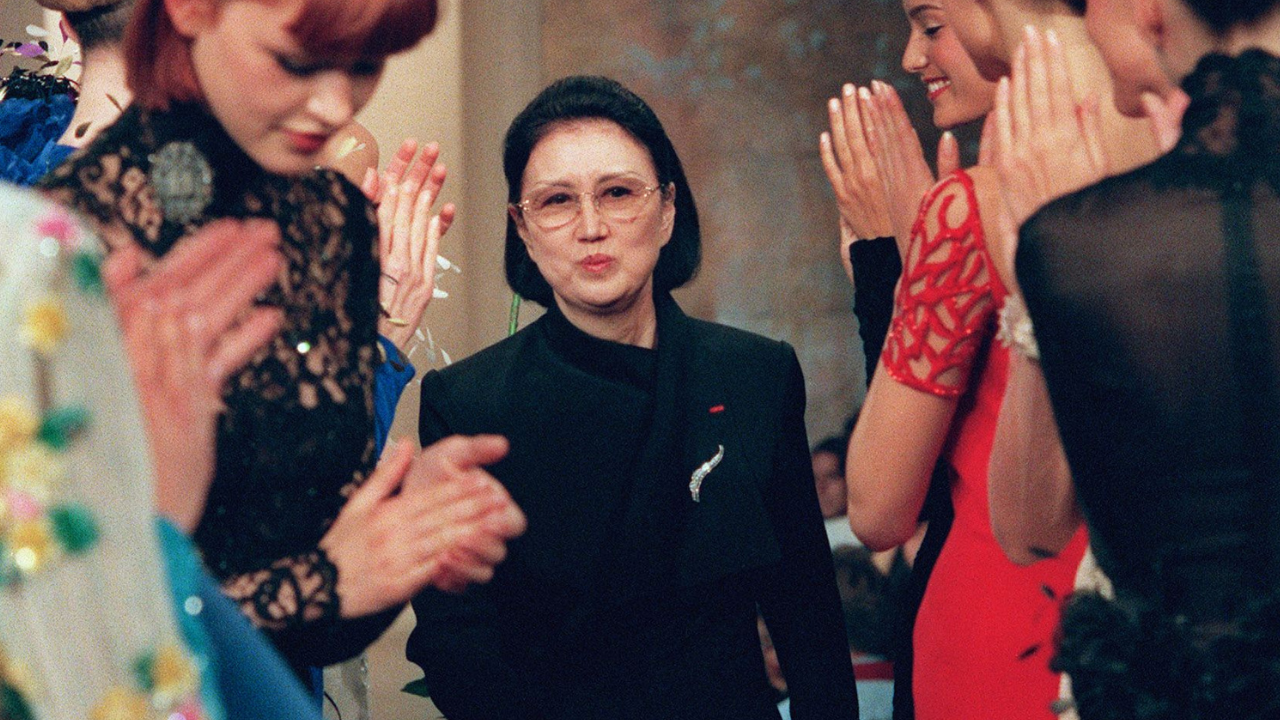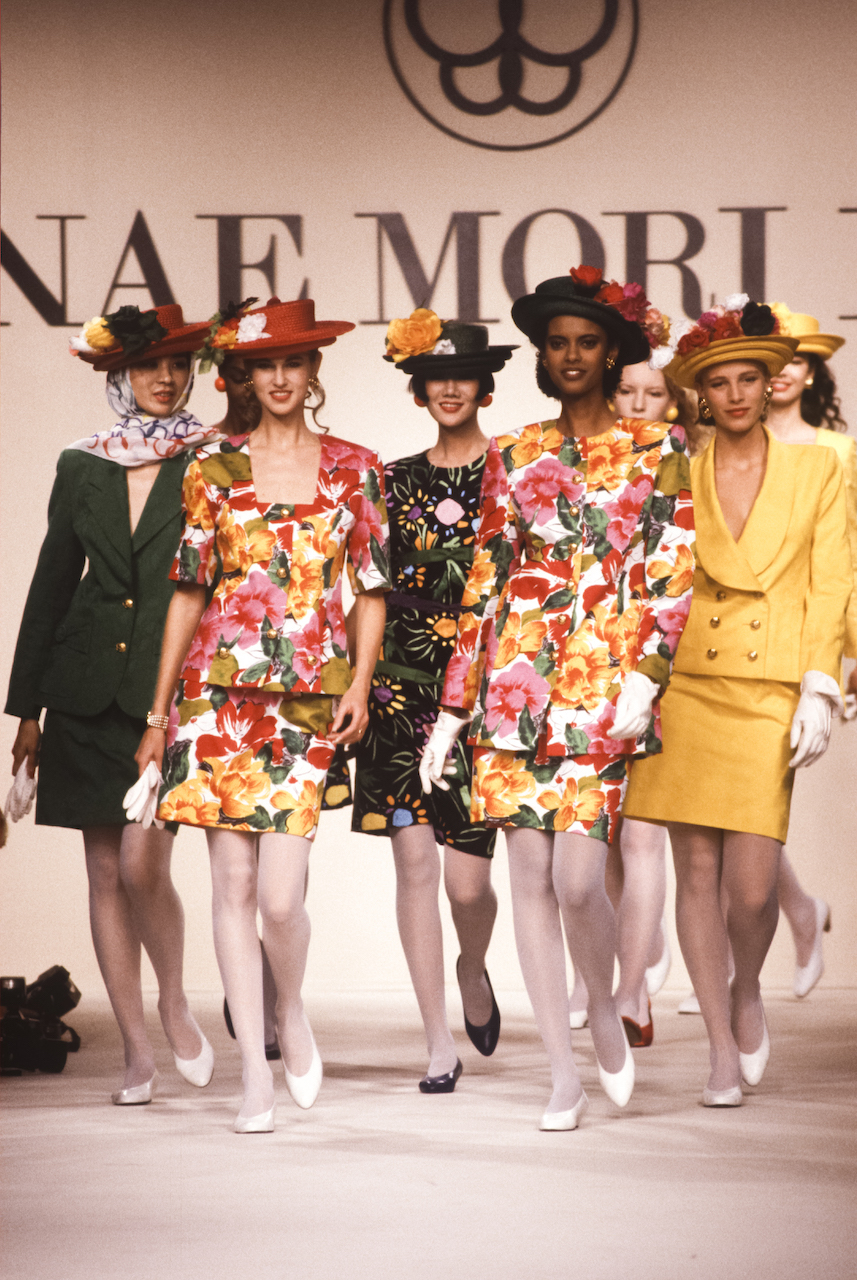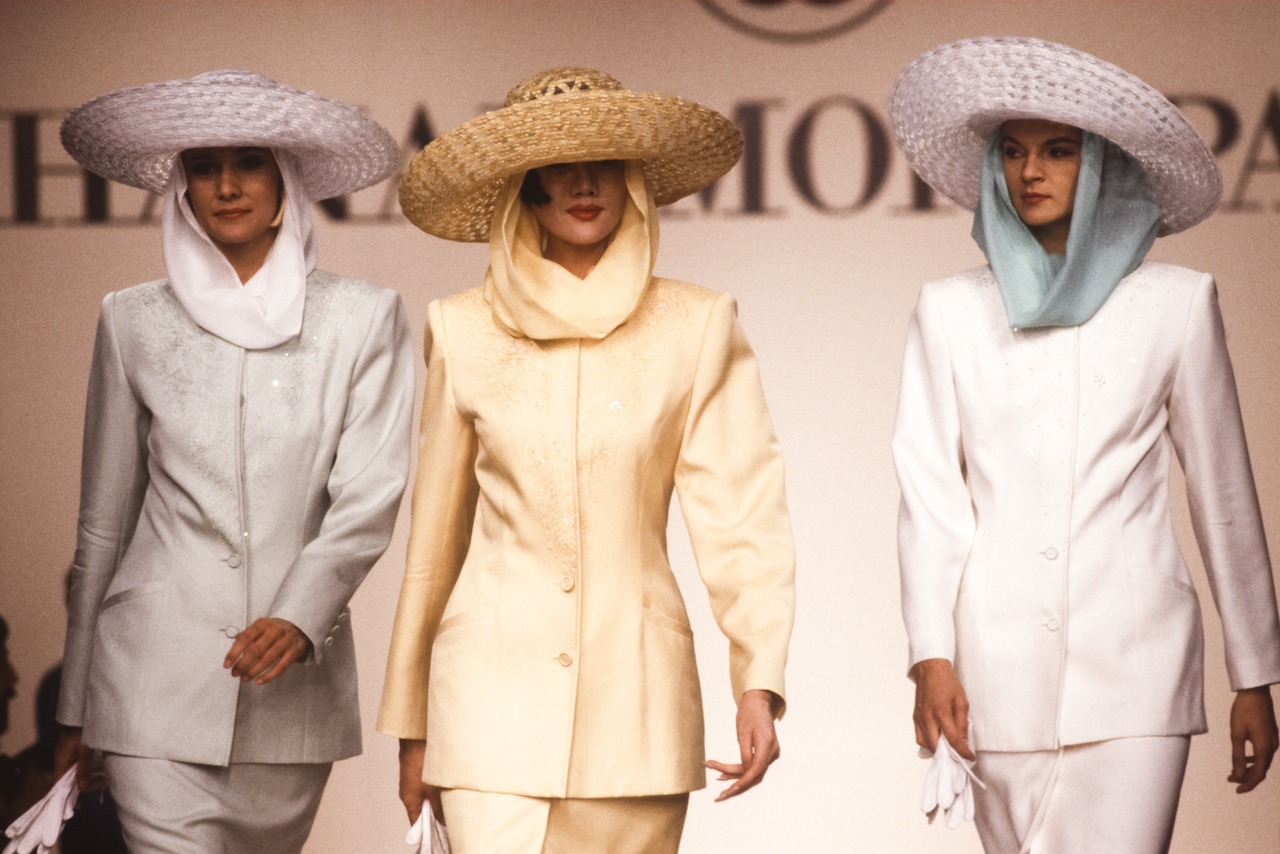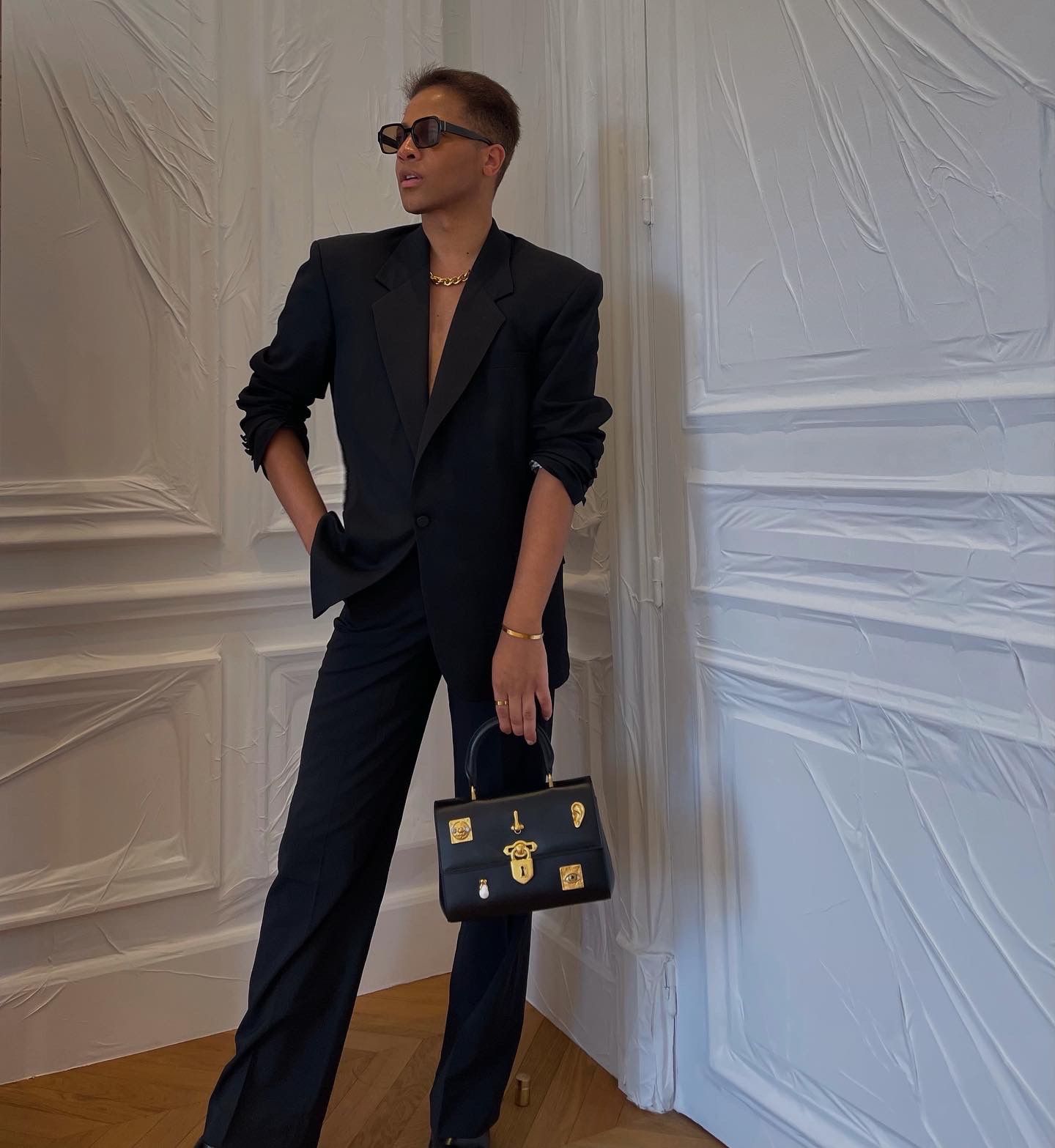

On August 11, Japanese designer Hanae Mori died at the age of 96, CNN reported. A funeral was already held in her honor with close relatives. Mori was the first Asian designer to enter the world of Parisian haute couture, with a style that elegantly blended East and West.
The designer, nicknamed “Madame Butterfly” because of her signature butterfly motifs, retired after presenting her final couture collection in 2004. Before stepping back from designing, she was known for dressing very important personalities, from Grace Kelly to Hillary Clinton, Bianca Jagger, and Japan’s Empress Masako, who wore her exquisite designs for her wedding day in 1993. Early in her career she also created many costumes for films during a time when Japan’s movie industry was booming.

Mori opened her boutique in Tokyo in 1951 and showed for the first time internationally in New York in 1965 with a collection described as “East Meets West.”
On her brand’s website, it states that she had a “decisive meeting” with Coco Chanel in Paris which helped her decide to become an international couturier. In 1977, she opened her first atelier in Paris and became the first Asian woman to join the Chambre Syndicale de la Couture Parisienne, now known as the Fédération de la Haute Couture et de la Mode, the French version of the CFDA. Her reach went beyond couture into ready-to-wear, accessories, eyewear, home and perfume.

Her collections and shows were often inspired by her Eastern heritage, bringing touches of Japanese attributes, including patterns of cherry blossoms, birds, and of course, many butterflies, along with traditional Japanese kimono silhouettes to Western styles.
Hanae Mori was the pioneer to open up the doors for many legendary Japanese designers to follow, including Rei Kawakubo, Yohji Yamamoto, and Issey Miyake. Although she retired in 2004, boutiques in Japan still bear her name, and her legacy of unifying the Eastern and Western fashion worlds still lives on.














